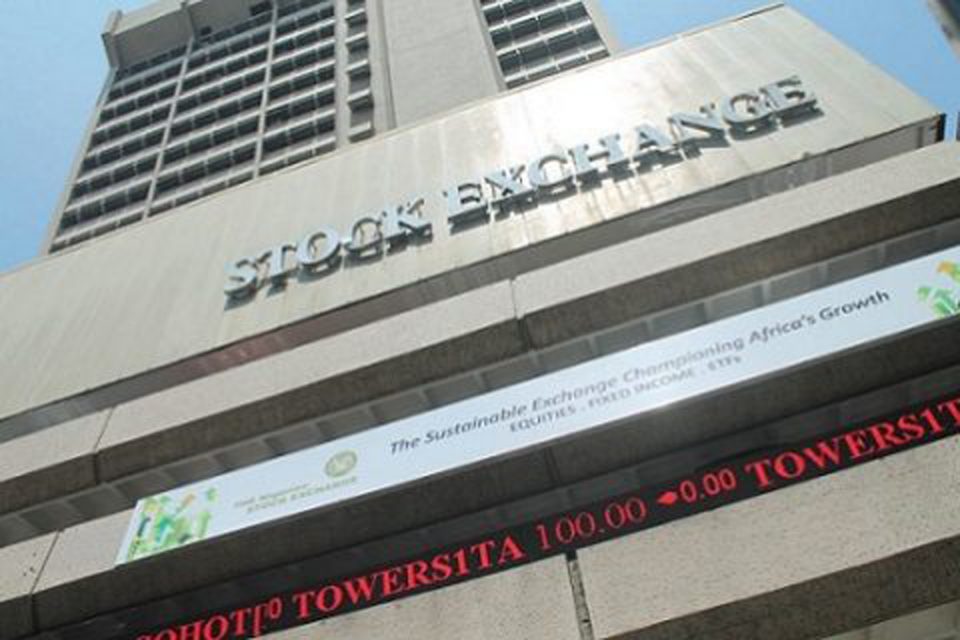Eben Joels is Senior Partner of Stransact, a professional services firm in Lagos. In this interview with Ibrahim Apekhade Yusuf, the chartered accountant and management consultant who also serves as Attorney in the United States provides useful insights on how to turn around the fortunes of the nation’s capital market. Excerpts:
The capital market has had a run of bad luck since the beginning of the year no thanks to the ravaging coronavirus scourge. What measures do you think can be taken in the short, medium to long term to turn things around?
Our capital market is a barometer of our overall economy and to turn the capital market around, there must be concerted efforts to grow our economy by double digits in the near term. The capital market cannot be discussed without addressing those fundamentals that instill confidence in investors e.g. security, governance, transparency, non-restrictive capital controls. etc.
Some schools of thoughts believe that the best time to invest in the stock market is when the market is experiencing a burst or crisis like we have now. Is this applicable under the Nigerian circumstances?
New investors have no better time to get on the ride than when prices are at rock bottom because of short term issues such as Coronavirus. However, we always tell unsophisticated investors to invest their time in researching and understanding the strength and weaknesses of their targets before committing funds. Not all that glitters is gold they say.
What are some of the stocks prospective buyers can invest in now?
Stock pick advice is not something that should be ditched out carelessly. I am unable to pinpoint particular stock for purchase but I will repeat what we tell everyone, look before you leap. Look at the governance and the board of the company before investing. If the atmosphere is too risky then maybe you should not be looking at individual stock but investing in institutional investors and funds. You may also be thinking of risk-free investments such as Federal Government and State bonds. By the time you factor in the tax-free rates, you may get returns from government bonds that are not too far below those from riskier investments. There is no one cap that fits prospective buyers.
With banks’ lending rates at 30‰ now would this encourage businesses, especially the SMEs?
I am not sure SMEs access bank loans in Nigeria and the banks themselves are not interested in lending to SMEs. They are only interested in their own profitability and many banks will tell SMEs arrogantly to approach CBN as if CBN’s primary responsibility is to give loans. To the extent that banks can make more money from non-lending activities such as foreign exchange dealings, there is no incentive for them to risk their funds lending to SMEs. Also when lending rates are at double digits which they have been for decades in Nigeria, there are very few businesses in the world that can take a loan at that rate, repay the loan and still make significant profit. Humans are intelligent beings. It is not rational to take a loan that adds a fixed cost of 32 percent (if you factor in bank fees) to your business if the returns will not yield a net of 10 percent or more. How many honest businesses will give you 42 percent or more gross profit before Interest and taxes? That means most people taking loans at 32% are either making a kill or they have no intention of paying back. I suspect the second reason stands in Nigeria.
The federal government seems to believe that the introduction of additional tax regimes will save the economy? Is this realistic?
No, it is not realistic. The solution is to increase the tax net, not the tax. This thinking is coming from those who have never run a genuine or honest business but find themselves appointed into offices where they dictate policies for honest people. As they say, those whose palm kernels were cracked for them by the gods should not forget to be grateful. Gratitude is the least we expect from many ill-qualified office holders rather than them seeking to add to our burdens.
Elsewhere, you find that the government has introduced a number of stimulus packages to reflate the economy. However, in Nigeria, the measures so far taken are far in between with little or no impact. What can be done differently?
Nigeria is facing other equally tasking issues that on their own have brought the country to negative growth rates. Unemployment, insecurity, corruption and pervasive crookedness, as well as injustice, all need very serious attention from the government as well. The quality of the government’s response to these larger issues will go a long way in determining our overall recovery from COVID-19. Any targeted stimulus that does not address some of the larger issues I listed above, should be treated as a “steal” “more” or “loss” opportunity for the government and those who enable them.




